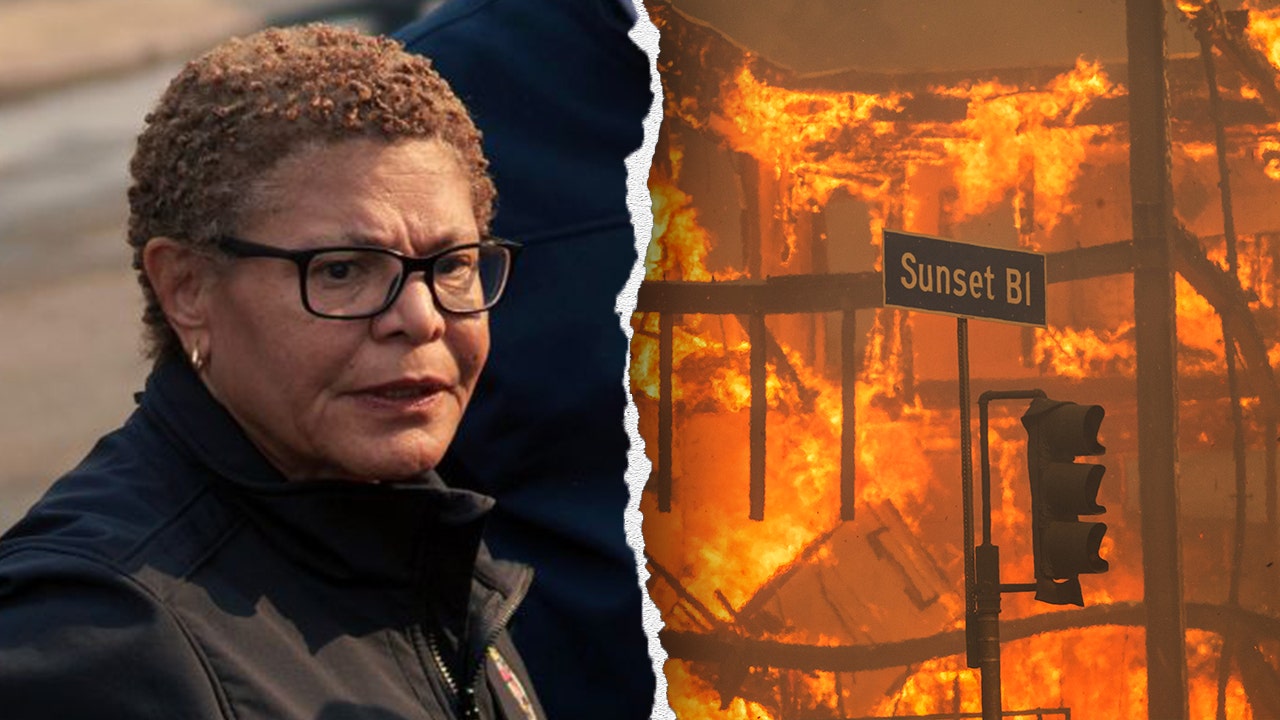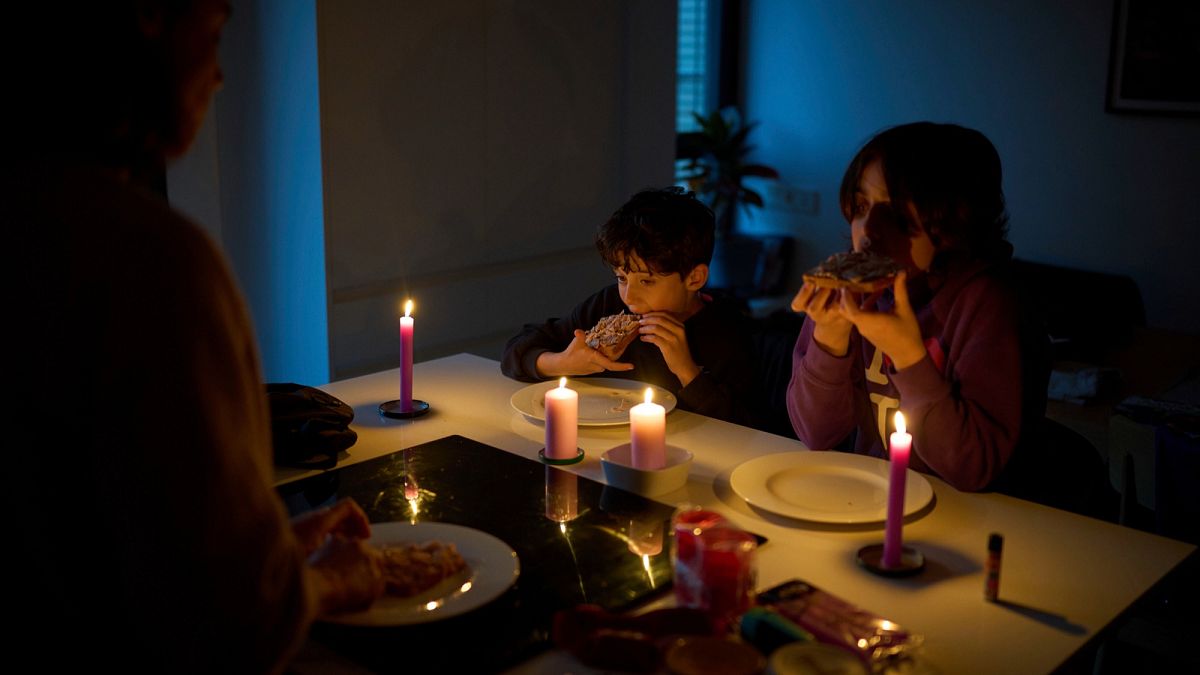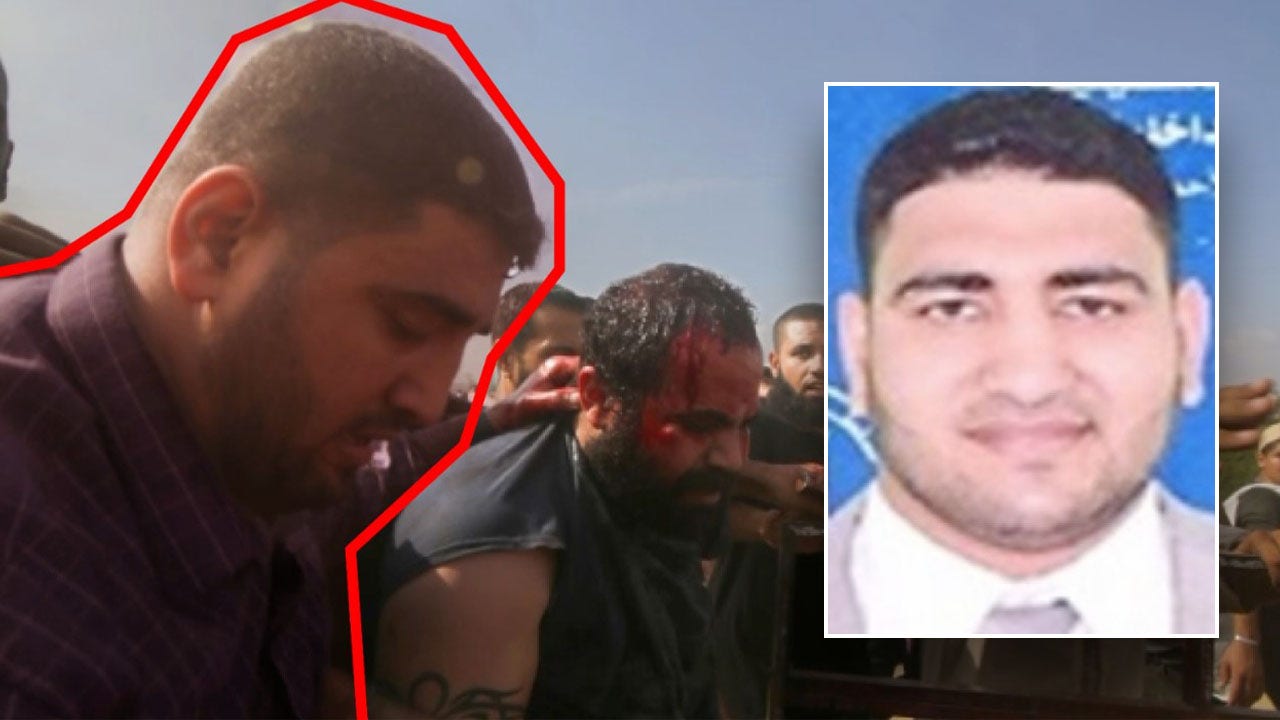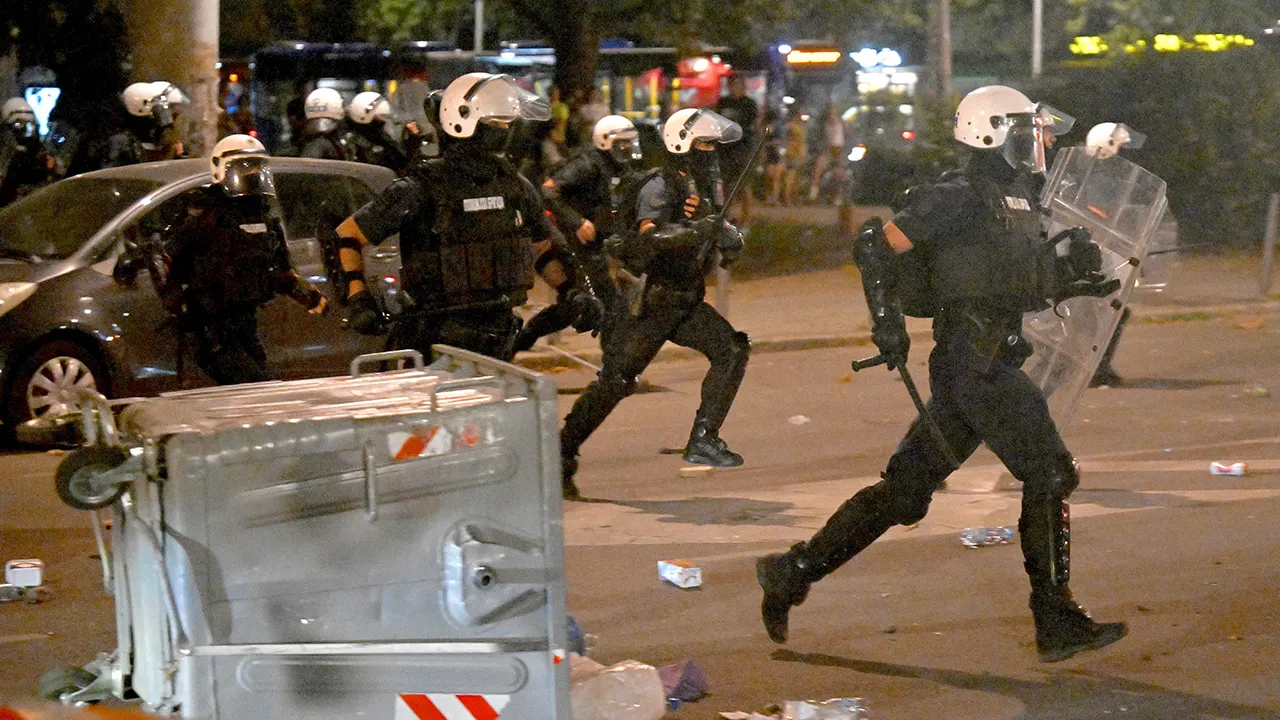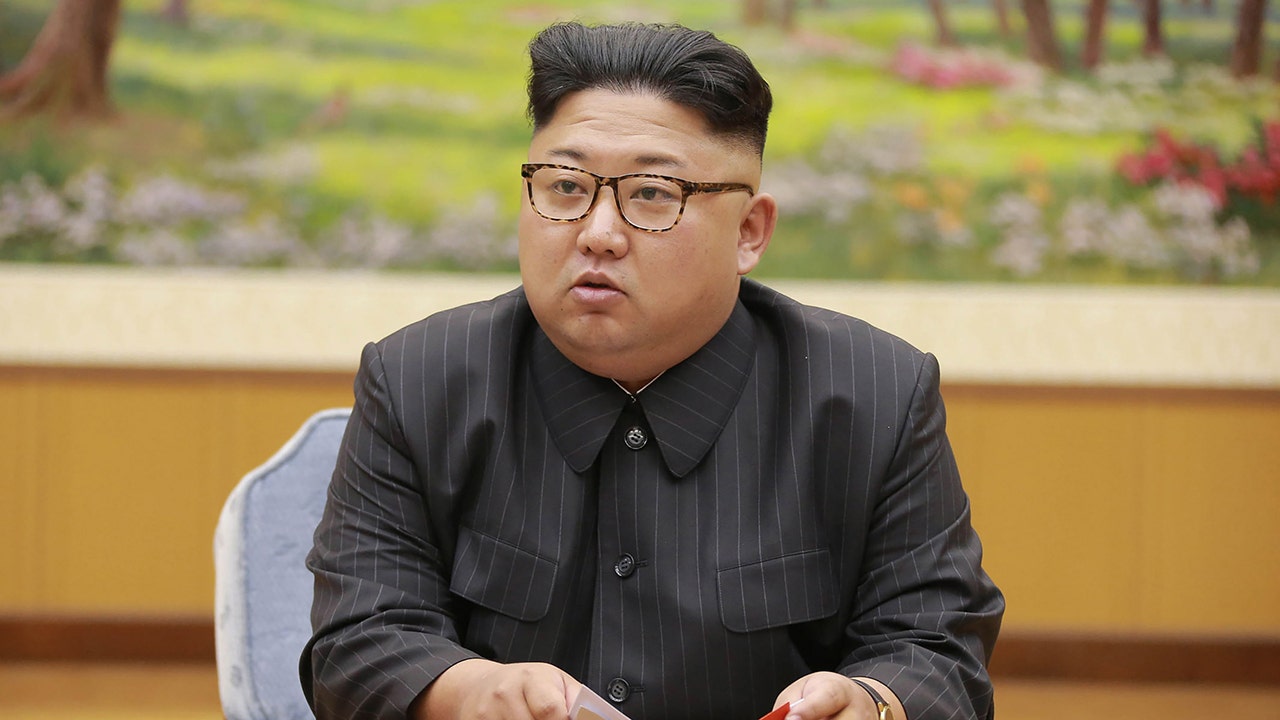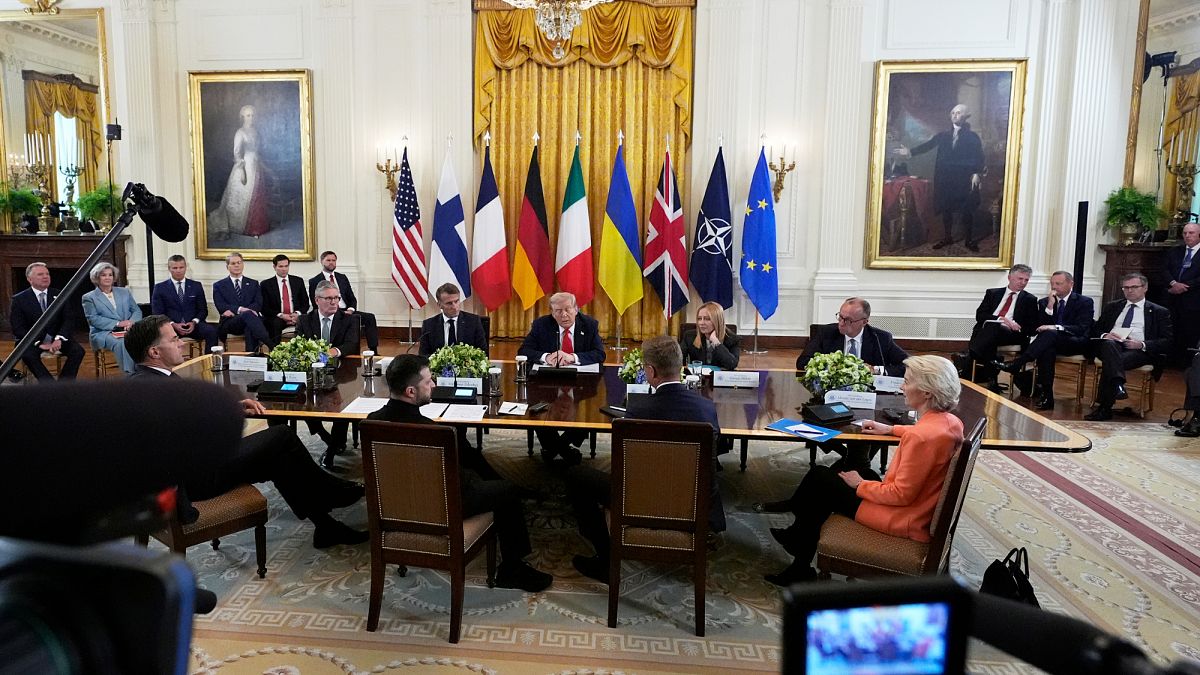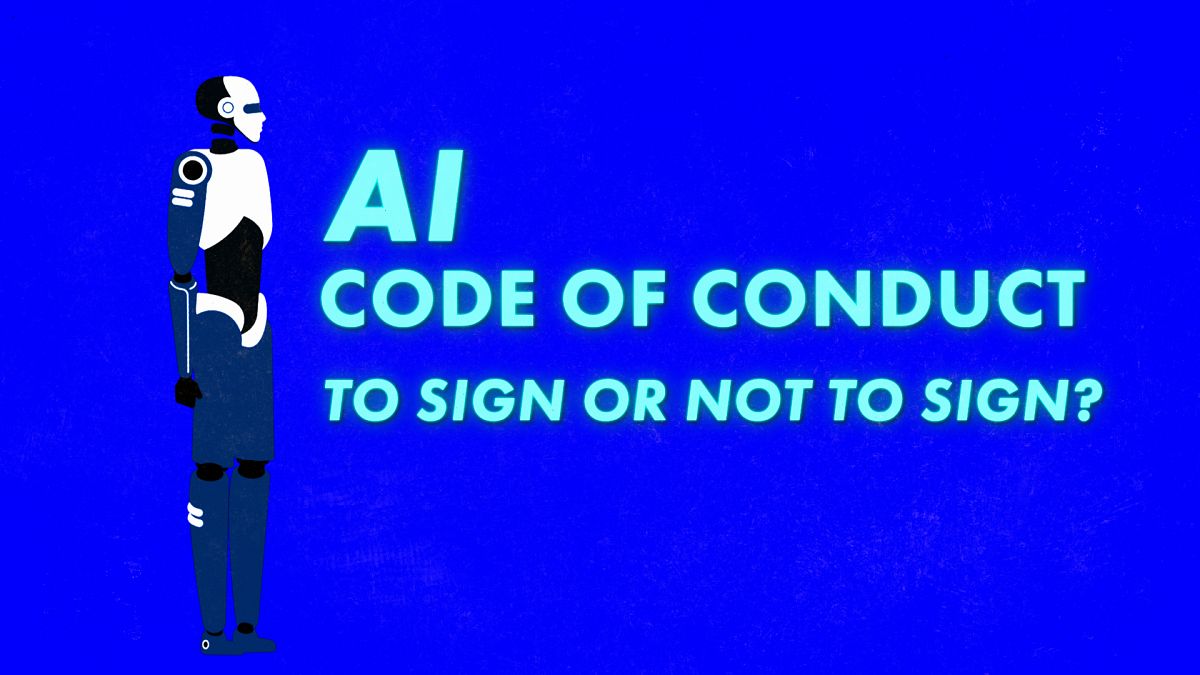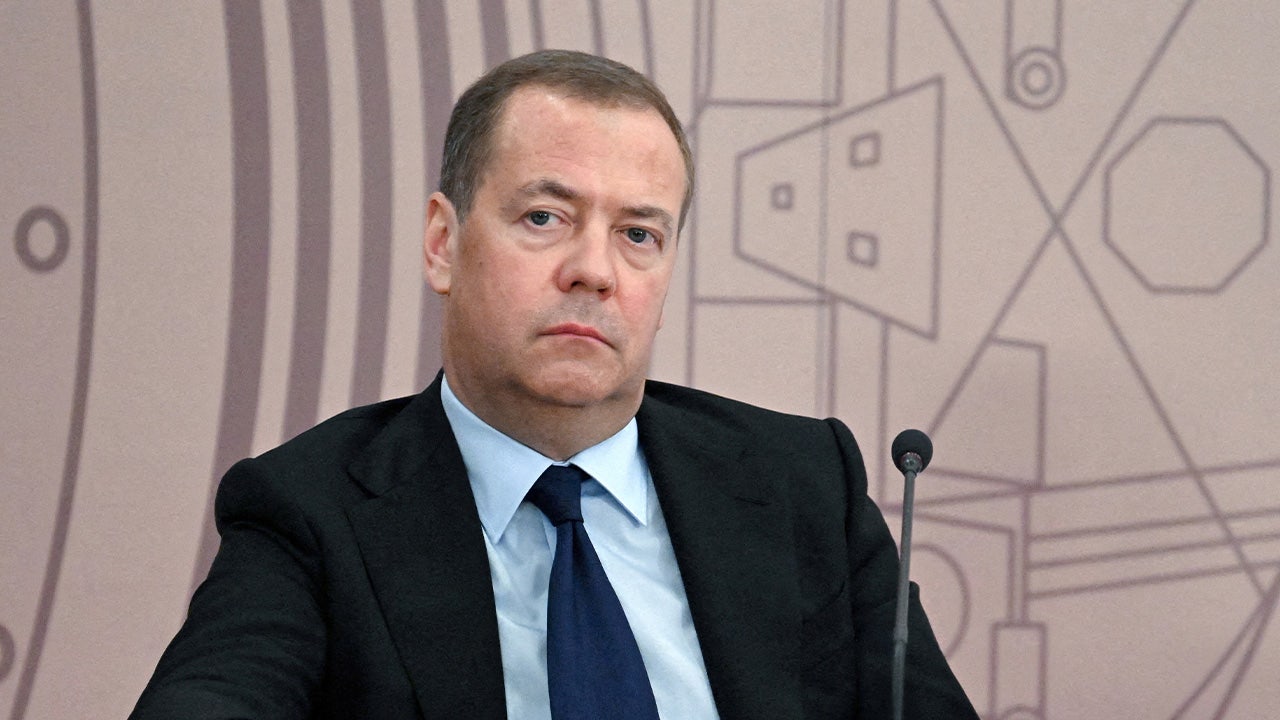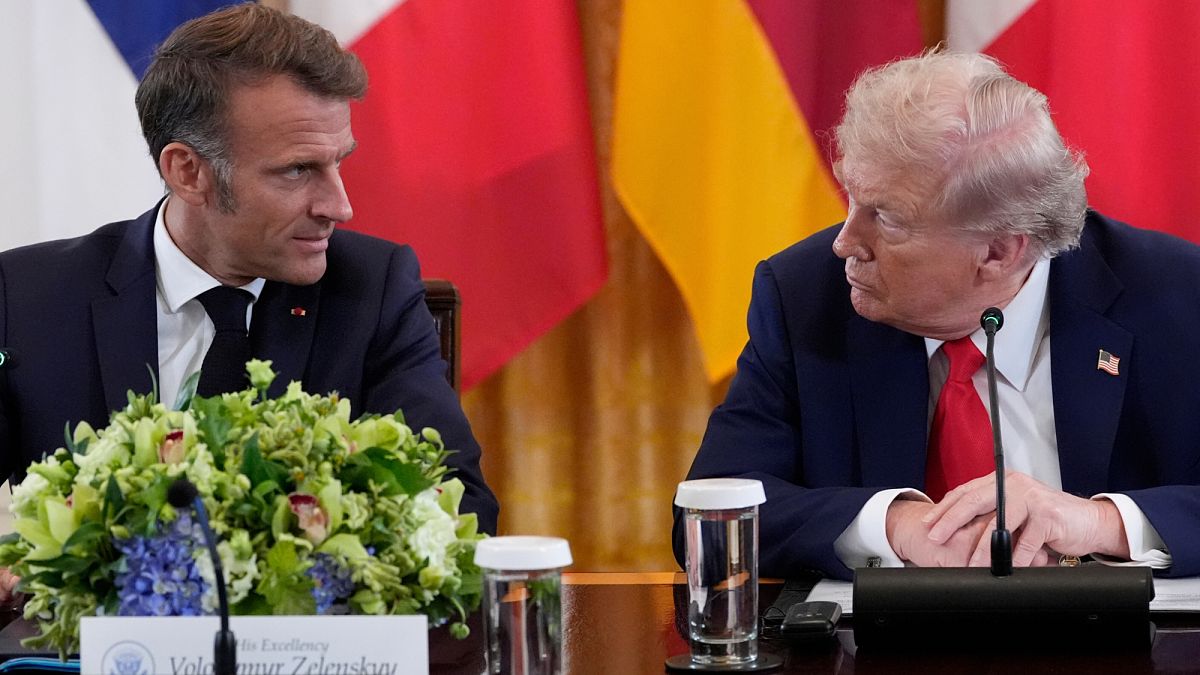& Laura Ingemarsson
Published on
Eight EU countries on Thursday launched a coalition of the willing on crisis preparedness calling for “urgent, European coordinated action” to make the bloc more resilient to natural and man-made disasters.
Crisis preparedness is a national competence across the EU but the new coalition of the willing – made up of Belgium, Estonia, Finland, Latvia, Lithuania, Luxemburg, the Netherlands, and Sweden – said in a statement that “efforts from member states and the EU’s institutions” are needed “as crises have become increasingly cross-border, cross-sectoral and grow in complexity”.
“Russia is engaging in destabilising actions that could affect all member states. We can see that this capability could potentially increase if Russia is no longer as involved in Ukraine — if we reach a peace agreement,” Swedish Minister for Civil Defence Carl-Oskar Bohlin told Euronews.
“That’s why it is very important that all member states work on civil preparedness and strengthening resilience.”
“To have a credible military capability, we also need a credible ability to handle crises within our society. We must show that we will never give up. If an adversary were to launch an unjust attack against us, we need to make it clear that we are resilient — and present a robust society that is seen as not worth attacking,” he added.
Some of the threats the new coalition says the EU needs to bolster its preparedness and resilience against include military, hybrid, terrorist and criminal threats, foreign manipulation and interference, and other disruptions caused by natural or human-made disasters.
Ministers taking part in the meeting agreed to develop and work on a Joint Coalition Agenda that would see them implement the Preparedness Union Strategy proposed by the European Commission two months ago.
The Commission is arguing there is a need for harmonisation across the 27 member states as levels of crisis preparedness differ widely, due to varying threat assessments based primarily on geography.
The plan by the EU’s executive called for increasing stockpiles of essential equipment and supplies including medical countermeasures, critical raw materials, and energy equipment as well as improving cooperation between civilian and military authorities.
The flagship initiative, however, was a call for member states to develop a 72-hour survival kit for citizens. This kit, Crisis Preparedness Commissioner Hadja Lahbib said at the time, ought to include food, water, medicines, a portable radio, a flashlight, spare batteries, chargers, cash, copies of important documents including medical prescriptions, spare keys, warm clothes and basic tools such as utility knives.
The initiative was immediately branded by some as alarmist and fearmongering but a prolonged nationwide blackout in Spain last month saw the Commission partially vindicated.
“In the Netherlands, we are already working hard on resilience, but it is important not to limit ourselves to national borders. Moreover, we can learn a lot from the countries around us that are already more advanced,” David van Weel, the Dutch minister of justice and security said, citing Sweden, Denmark and the Baltic states as examples.
“A resilient European Union makes us stronger and ensures that Europe is prepared for disruptions to society caused by different types of crises. It is also not just about emergency kits for EU citizens, but also, for example, repairing the electricity grid or other vital infrastructure. You can think trained citizens as civil protection workers to get destroyed electricity sheds up and running again, put out fires or provide first medical aid in a crisis,” he added.
The group plans to meet twice yearly, with the next meeting to be held in Sweden. Euronews understands that Poland and Germany have expressed interest in joining the coalition.
Read the full article here


